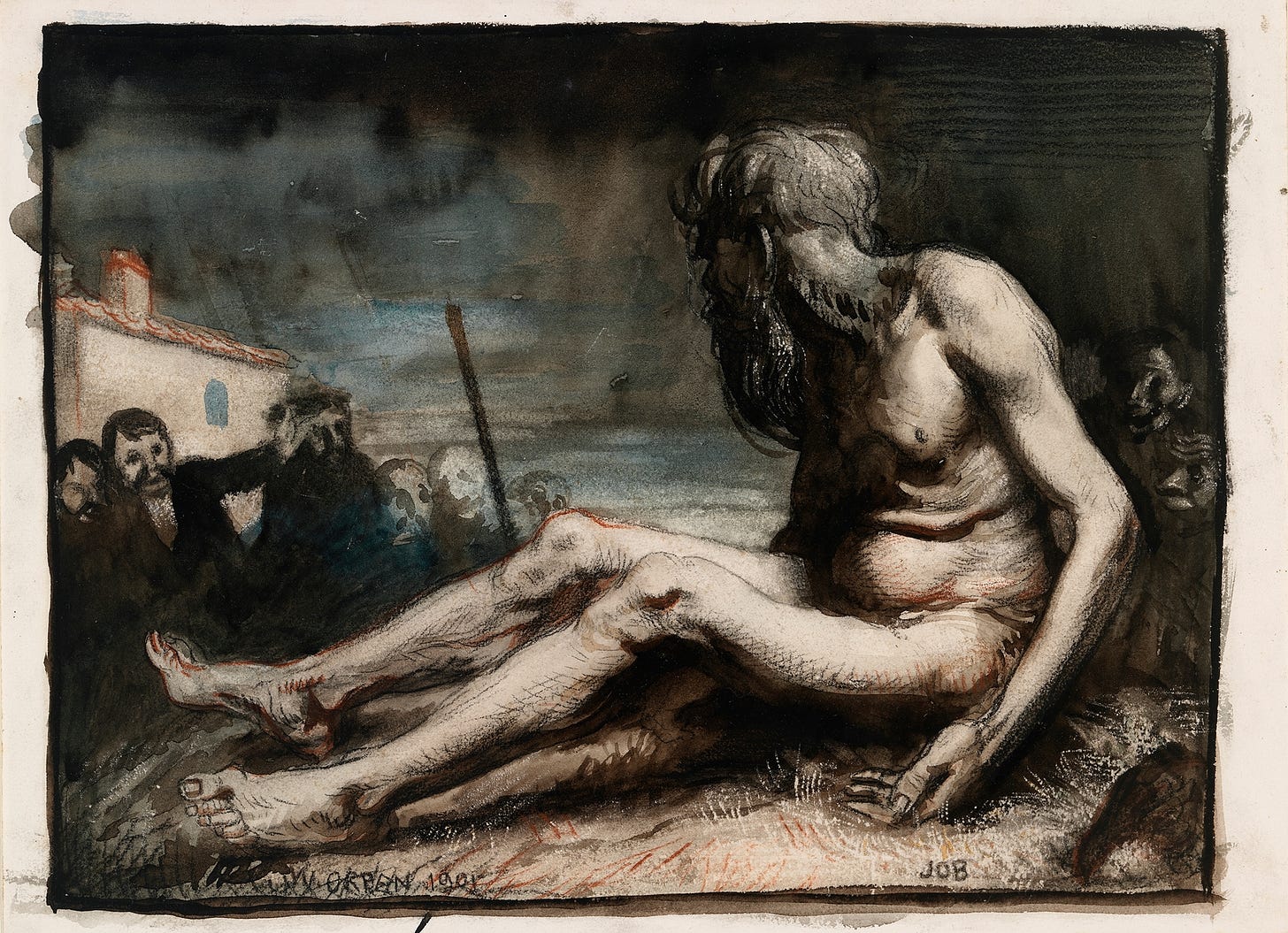On the most recent episode of the pod, Shadi and I interviewed our good friend Rachel Rizzo about her latest essay. I walked away from that conversation with a fresh sense of what is, for me, the dividing line between “faith” and “spirituality” (for lack of better terms).
Shadi is a man of faith. But I have only recently come to understand the extent to which Shadi’…




